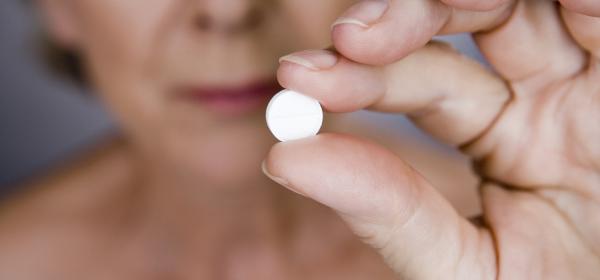White paper analyzes problems and solutions to patent abuses
WASHINGTON (July 8, 2025) — The Association for Accessible Medicines and its Biosimilars Council today released a white paper, Anatomy of a Biosimilar Patent Litigation: Problems and Solutions. The paper explains and illustrates the significant challenges biosimilars and generics face due to brand drug patent thickets, patent abuse, and serial patent litigation, and highlights three current legislative solutions to help eliminate these abuses.
“Brand patent abuse and patent thickets deter patient access to more affordable medicines,” said John Murphy III, President and CEO of AAM. “Congress can take steps now to proactively reform the patent system by passing bipartisan legislation that would save American patients and the healthcare system billions.”
The white paper details brand patent abuse that is increasingly pervasive and delays access to medicines and limits lower-cost options for patients. Congress is considering numerous proposals such as:
- Capping the Number of Asserted Patents: Given the sheer number of patents that brands own, it is reasonable to cap the number of patents that can be asserted by the brand in biologics patent litigation. Exemplary reform is included in H.R. 3269, the ETHIC Act, which restricts brands to asserting a single patent out of a terminally-disclaimed family. This ensures that brands cannot continuously assert obvious variants of the same patent claims against generic and biosimilar manufacturers.
- Permitting Procompetitive Patent Settlements: The Senate is currently considering problematic legislation, S. 1096, that would make it extraordinarily difficult to settle patent litigation. Absent the ability to settle patent litigation, biosimilar manufacturers would be disincentivized to take on the extraordinary cost and burden of challenging brand patents and investing the $100-$300M required to develop biosimilars.
- Provide a Statutory Safe Harbor for Labeling Carve-outs: Congress should enact S. 43, the Skinny Labels, Big Savings Act, that provides statutory safe harbor for carve-outs of patented methods of treating diseases to address the fallout from the Federal Circuit’s decision in GlaxoSmithKline LLC v. Teva Pharmaceuticals USA, Inc. and Amarin v. Hikma.
While biologics currently account for only 15% of prescriptions in the U.S., they account for more than half of prescription drug spending and more than half of the top-earning medicines in 2020 were biologics. Data collected by FDA and court filings shows that for six recently-approved biosimilars, the brands asserted between 11 and 65 patents per product.
These legislative solutions can help expedite patient access to lower-cost medicines and ensure that patents do not continually serve as a barrier to much-needed competition.
White Paper — Anatomy of a Biosimilar Patent Litigation: Problems and Solutions
$423B Savings from Patent Settlements Since Actavis Ruling
AAM Supports Skinny Label Legislation
For media inquiries, contact media@accessiblemeds.org.
About AAM
The Association for Accessible Medicines, your generics and biosimilars industry, is driven by the belief that access to safe, quality, effective medicine has a tremendous impact on a person’s life and the world around them. AAM represents the manufacturers of finished generic pharmaceuticals and biosimilars, manufacturers of bulk pharmaceutical chemicals, and suppliers of other goods and services to the generic industry. Generic pharmaceuticals are 90 percent of prescriptions dispensed in the U.S. but only 13.1 percent of total drug spending.
About the Biosimilars Council
The Biosimilars Council, a division of the Association for Accessible Medicines, works to ensure a positive environment for patient access to biosimilar medicines. The Biosimilars Council is the leading source for information about the safety and efficacy of more affordable alternatives to costly brand biologic medicines. Areas of focus include public and health expert education, government affairs, legal affairs, and regulatory policy. More information is available at biosimilarscouncil.org.

